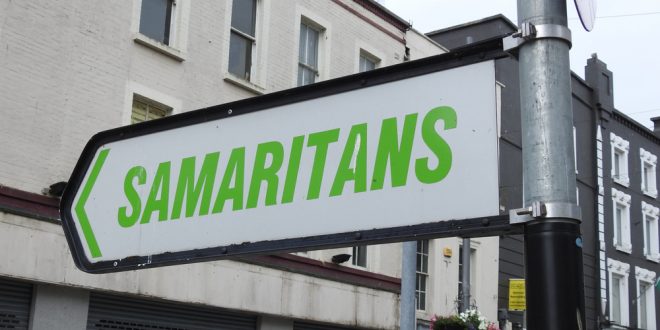Samaritans has published its best practice guidelines for the gambling industry, to assist operators with understanding and updating their corporate policies regarding suicide-prevention.
The charity has undertaken a programme of work to enable better understanding of gambling as a suicide risk factor, and how this can be prevented, based on research demonstrating ‘a clear association between gambling and suicide’.
Underscoring how suicidal thoughts and suicide attempts are more common, according to the research, among those suffering from problem gambling issues than among the general population, Samaritans has also recognised there is “appetite from the gambling industry to do more to prevent gambling related harms and suicide”.
“Suicide is preventable and we know different industries need to address specific challenges in order to have effective suicide prevention practices in place,” said Mubeen Bhutta, Head of Policy at Samaritans.
“With a clear association between gambling and suicide, identifying the changes needed in the gambling environment to prevent suicide is a vital part of our work.
“We’re proud to publish these industry guidelines and look forward to seeing all gambling businesses engage with them in a proactive effort to do more to prevent gambling-related suicide.”
The charity has added that it urges all betting and gaming operators to adopt its guidelines ‘as a minimum’ to demonstrate their commitment to suicide prevention among gamblers.
Recommended practices have been designed to sit alongside established industry standards, including the creation of a ‘robust suicide prevention policy’ aimed at safeguarding both customers and staff.
Additional recommendations include training in the utilisation of harm prevention to guide marketing activities and the use of data to assist with suicide prevention, as well as heightening communication standards to ensure sensitive discussions with those in distress.
“Suicide prevention is everyone’s business,” Bhutta continued. “There is still much more that needs to be done within the wider gambling environment to reduce the risk of gambling-related harm, and to ensure that everyone can get the support they need.
“Operators following our guidelines is one positive step towards improving suicide prevention in the gambling industry and we will continue to push for action to help reduce gambling-related harms in the future.”
The updated guidelines have been developed in cooperation with a range of industry stakeholders, including people with lived experience, charitable organisations, health and support services and gambling operators.







